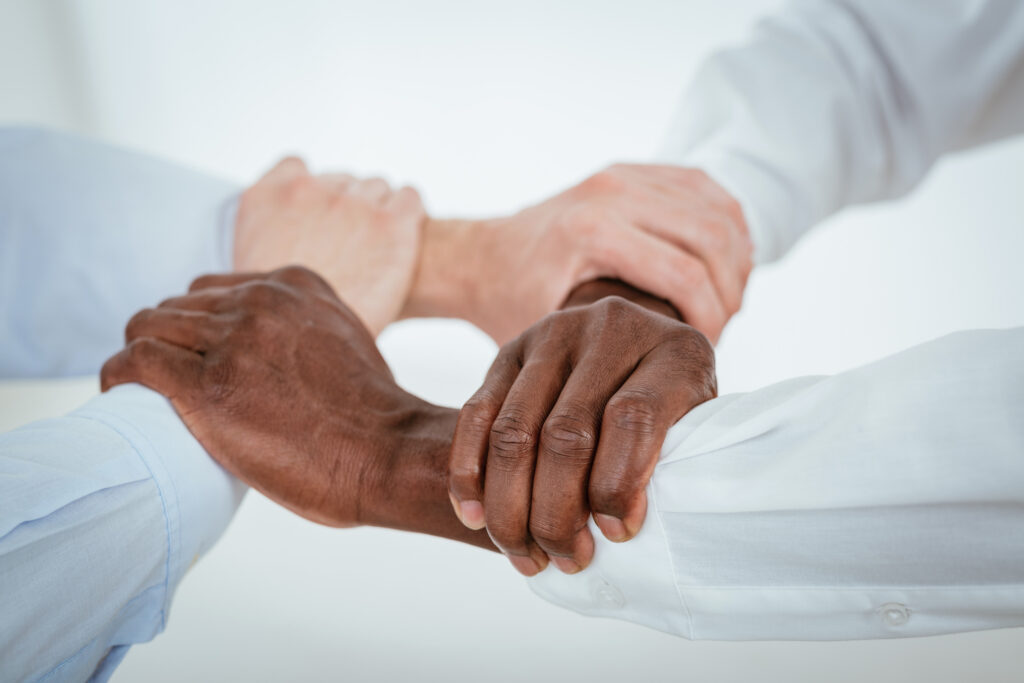
Racial privilege exists, even if many choose to ignore it. This advantage, frequently tied to whiteness, comes not from individual actions but from deeply ingrained systems. It grants unearned benefits while subtly perpetuating racial inequality. Understanding racial privilege is a crucial first step toward dismantling it. If you’re ready to challenge the status quo, here are 16 aspects of racial privilege often hidden in plain sight.
1. Benefitting from Unconscious Bias

Even well-meaning individuals hold unconscious biases shaped by the messages we absorb from society. These biases can unfairly favor those of the dominant racial group. For example, studies suggest resumes with names perceived as “white” receive more callbacks—regardless of whether the applicants are equally qualified. This hints at how unconscious bias can subtly uphold racial privilege and impact hiring decisions. It’s important to remember these biases aren’t just about intentional malice. They’re deeply ingrained patterns of thought that can even influence those who actively strive to be anti-racist, highlighting the need for continuous self-examination.
2. The Legacy of Systemic Racism

Systemic racism is woven into the very fabric of our institutions, from housing to law enforcement. Its effects are far-reaching and insidious. Historical practices like redlining, where banks denied loans to people in minority neighborhoods, have resulted in ongoing racial disparities in homeownership and wealth accumulation. This creates a cycle where opportunities are shaped by race, generation after generation – a clear manifestation of racial privilege. Systemic racism isn’t just about the past; its effects reverberate today. It’s present in policies and practices that seem neutral on the surface but have deeply unequal outcomes along racial lines.
3. The Comfort of Colorblindness
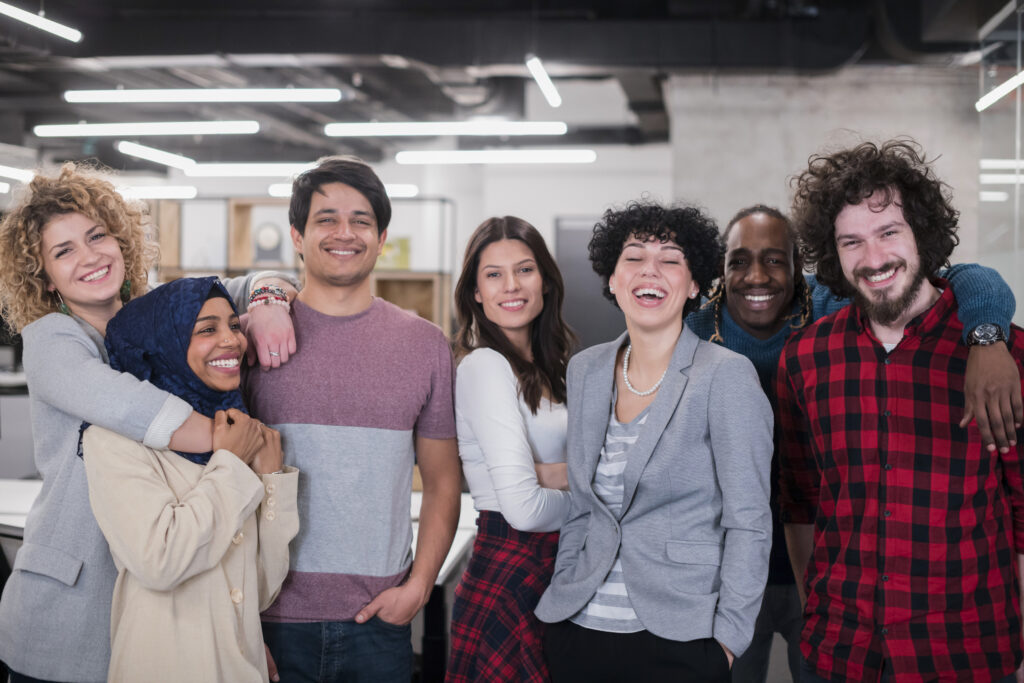
Claiming to “not see color” might sound good, but in reality, it negates the lived experiences of people of color. It erases how race impacts every aspect of life, from job opportunities to healthcare. Avoiding difficult conversations about race under the guise of colorblindness serves to uphold existing racial privilege, allowing those who benefit to ignore inequalities. True equality means acknowledging and addressing the ways race shapes our world. Pretending color doesn’t matter doesn’t make injustice disappear; it simply allows it to persist unchallenged.
4. The Unearned Luxury of Avoiding Discussions About Race

Those who benefit from racial privilege often have the option to completely disengage from conversations about race—a choice not afforded to people of color, who live with the impact of racism every single day. This freedom to ignore the issue reinforces the status quo and demonstrates how privilege operates. It’s easy to stay comfortable when you don’t have to constantly confront the ways your life is made easier due to your race. However, true progress requires those in positions of privilege to listen, learn, and actively dismantle systems of oppression.
5. Representation as the Norm
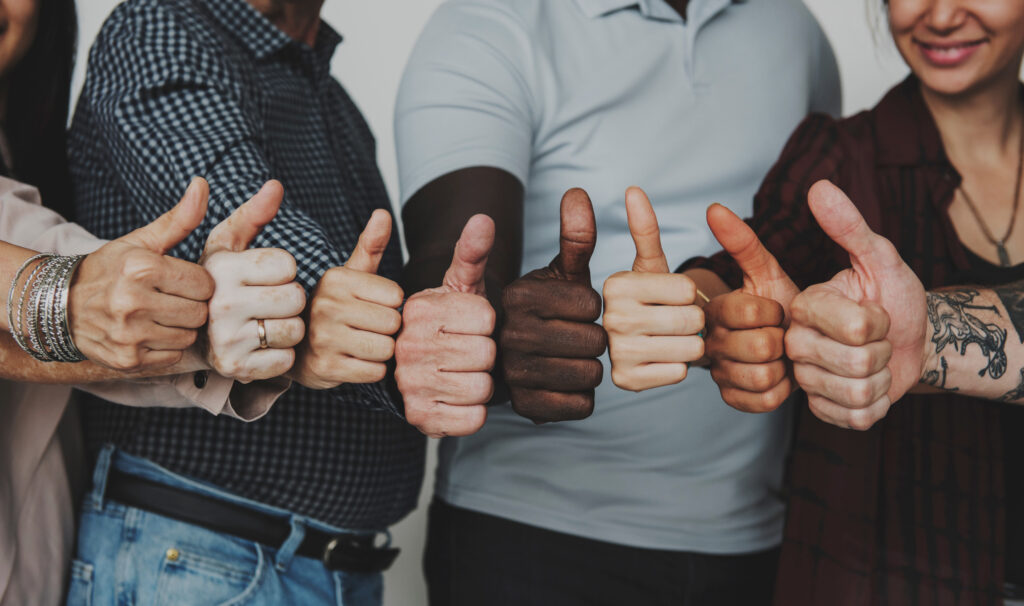
Movies, TV shows, textbooks – when the default in representation is whiteness, it centers the experiences of one group at the expense of everyone else. This reinforces a sense of racial privilege, sending the message that certain stories and histories hold more value. It subtly suggests that other perspectives are less important. When we only see ourselves reflected in positions of power, leadership, and heroism, it shapes our unconscious perceptions of who matters. It’s crucial to challenge this by seeking out and amplifying diverse voices in media and education.
6. Access to “Good” Schools

“Good” schools are frequently located in wealthier, predominantly white neighborhoods. This is often due to a long history of discriminatory policies that have shaped school funding and residential segregation. Access to better-funded schools translates into long-term advantages like higher graduation rates and better college preparation. This cycle perpetuates itself, fueled in part by racial privilege. It’s important to understand that school quality isn’t just about individual effort; it’s deeply tied to structural factors like funding formulas that favor wealthier areas. Dismantling this system requires addressing the historical and ongoing policies that have created and maintained educational inequality.
7. The Privilege of “Fitting In”

Conformity to dominant cultural norms often means easier navigation of social settings and professional environments. People of color may experience pressure to adjust their speech, appearance, or behavior to “fit in”—a burden not placed on those who already match the prevailing standard, highlighting another troubling aspect of racial privilege. It’s unfair that some individuals must carry the extra weight of modifying themselves just to be accepted or gain equal opportunities. Diversity should be celebrated, not erased. True inclusivity means creating spaces where everyone can thrive without having to suppress their authentic identity.
8. Assumptions of Competence

Studies suggest that assumptions about competence are often made along racial lines. Black professionals, for instance, may need to prove their qualifications repeatedly compared to white colleagues, even when their achievements are equal. This unspoken double standard arises from racial bias and speaks to the unequal burdens shaped by racial privilege. Everyone deserves to have their skills and abilities recognized without their race playing a role in the evaluation. Confronting these implicit biases in ourselves and others is a crucial step towards building fairer workplaces.
9. Freedom from Racial Profiling

Racial profiling by law enforcement and in everyday settings is a stark reality faced disproportionately by people of color. The ability to move through the world without always fearing suspicion, questioning, or unfair treatment simply because one’s race is sadly a form of racial privilege. Racial profiling erodes trust in institutions and creates a constant sense of anxiety and vulnerability for those targeted. It’s a blatant manifestation of how systems can be built on bias, rather than on the principles of equal protection and dignity for all.
10. Avoiding Microaggressions

Microaggressions are those subtle, sometimes unintentional comments or acts that convey prejudice or discrimination. Those holding racial privilege might not experience the constant drain of these everyday slights, which can significantly impact the mental and emotional well-being of people of color. Not having to withstand this barrage is a privilege in itself. While a single microaggression may seem minor, their cumulative impact is significant. They send a message of “otherness” and can make people feel unwelcome or constantly on guard, even in seemingly inclusive environments.
11. Benefiting from the Doubt
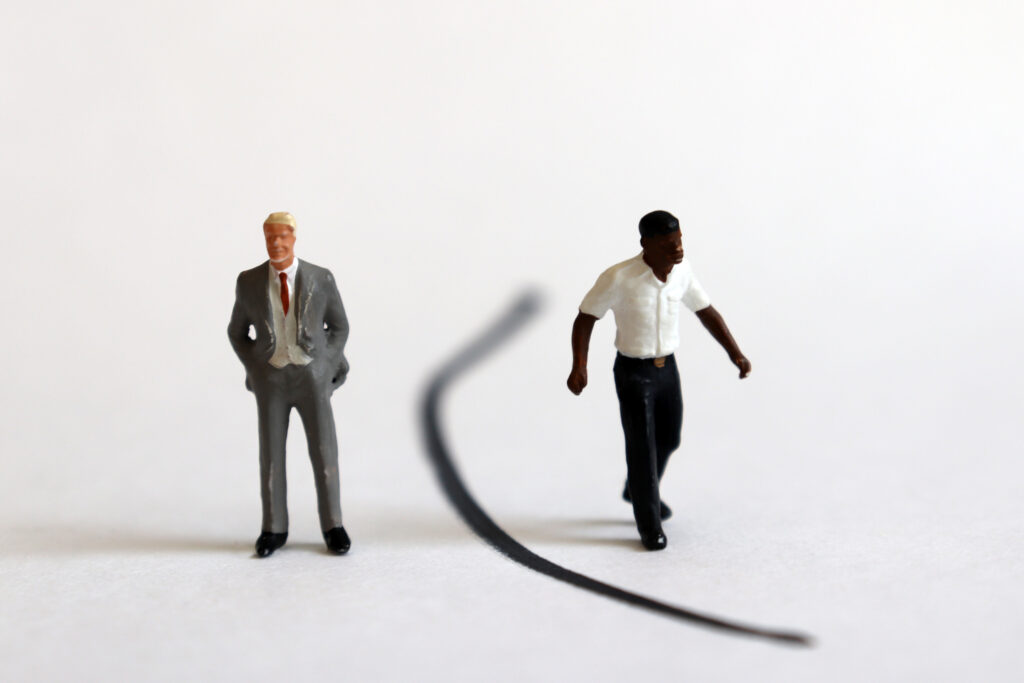
When mistakes are made, individuals with racial privilege are often afforded the benefit of the doubt more readily. Their actions may be attributed to a bad day or unusual circumstances rather than deeply ingrained character flaws. This leniency might not extend to people of color, who could face harsher judgments stemming from racial stereotypes and implicit bias. The subtle ways that race may influence perceptions of guilt or innocence have serious consequences, particularly in the justice system. Recognizing this unequal treatment is essential for challenging it.
12. Less Scrutiny in Public Spaces

The ability to shop, linger, or simply exist in public spaces without attracting undue suspicion or questioning is a form of racial privilege. People of color are disproportionately targets of surveillance and confrontations based on harmful stereotypes. It’s a sad reality that the freedom to enjoy public spaces without the weight of this scrutiny remains unequally distributed. Whether it’s being followed in stores, questioned by neighbors, or having the police called for simply existing in certain spaces, this heightened scrutiny creates significant burdens and denies the basic right of all people to feel safe in their communities.
13. The Power to Speak Without Representing Your Race

Those with racial privilege can express their opinions as individuals, without feeling pressured to act as spokespersons for their entire racial group. People of color often shoulder the burden of representation, and their views may be unfairly assumed to reflect those of their whole community. It’s a privilege to simply speak for yourself. This burden of representation can discourage people of color from expressing diverse perspectives. It also places an unfair demand on them to educate others about their experiences, rather than placing that responsibility where it belongs – on those who benefit from privilege.
14. Freedom from Cultural Appropriation

Cultural appropriation involves taking elements, like hairstyles, clothing, or spiritual practices, from marginalized cultures without respect or understanding of their significance. Members of the dominant group can often engage in this practice without facing social backlash, exemplifying an imbalance connected to racial privilege. When appropriation happens, it strips cultural elements of their meaning and reduces them to mere trends or costumes. This disrespects the communities that created them and erases the historical context in which they hold significance.
15. The Luxury of Racial Ignorance
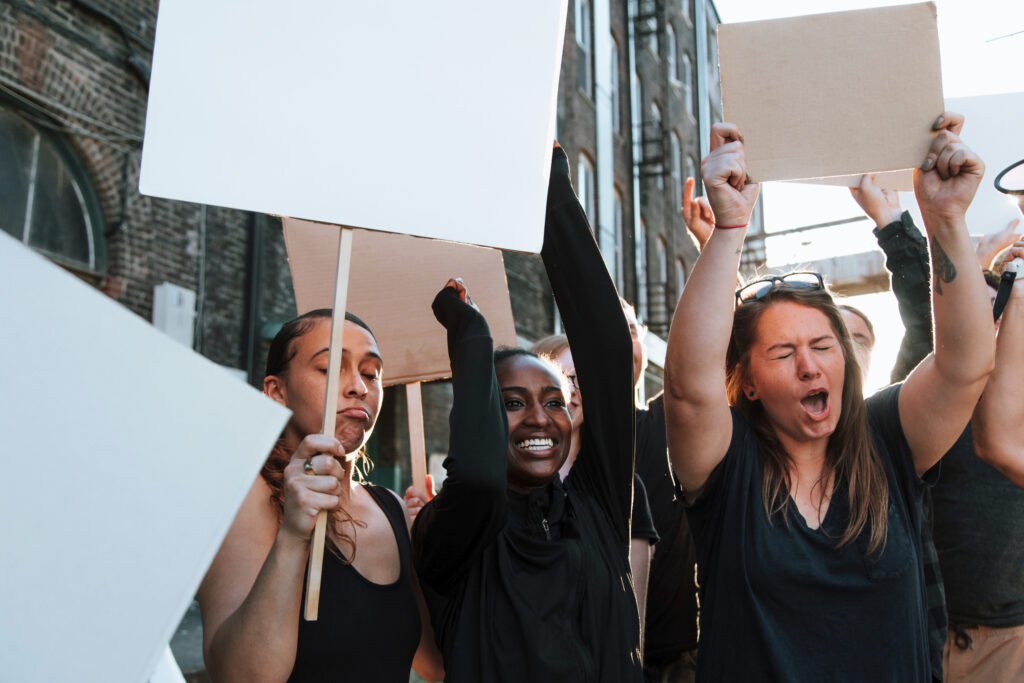
Choosing to remain uninformed about the experiences of other races is a privilege unavailable to those on the receiving end of racism. It allows those who benefit from the system to avoid the discomfort of confronting historical and present-day injustices. This apathy helps maintain racial privilege and the inequalities it sustains, which is why education and awareness are so crucial. Racial ignorance isn’t neutral; it’s a choice to uphold the status quo. True progress requires a willingness to learn, listen, and challenge our own perspectives.
16. Expecting Fairness

Living in a society where systems are often designed to advantage your racial group can create a baseline expectation that things will always be fair. When things don’t go one’s way, it may be perceived as a shocking deviation from the norm, revealing an entitlement mindset that is itself a function of racial privilege. Recognizing this expectation of fairness is important for understanding how privilege operates. It’s a reminder that while some encounter obstacles built into the system, others have the freedom to be shocked when faced with even minor inconveniences.
Dismantling Racial Privilege – It’s Not Just About Awareness

Acknowledging racial privilege is a vital first step, but true change requires action. This includes actively supporting racial justice, confronting our own biases, using our power and resources to uplift marginalized voices, and working to dismantle the systems that perpetuate inequality. It’s a continuous process, not a single destination.
Read More
More Money More Problems: Here’s 14 Reasons Why The Rich Hate Poor People
Critical Race Theory: 6 Reasons It’s Becoming the Hottest Topic in Education
|||-------------------------------------
By: Randell Suba
Title: 16 Aspects of Racial Privilege That Often Go Unnoticed
Sourced From: www.dinksfinance.com/2024/05/16-aspects-of-racial-privilege-that-often-go-unnoticed/
Published Date: Wed, 08 May 2024 12:35:27 +0000
Did you miss our previous article...
https://coachingbusinessowners.com/funding/dinks-not-by-choice-10-ways-infertility-can-impact-your-marriage






